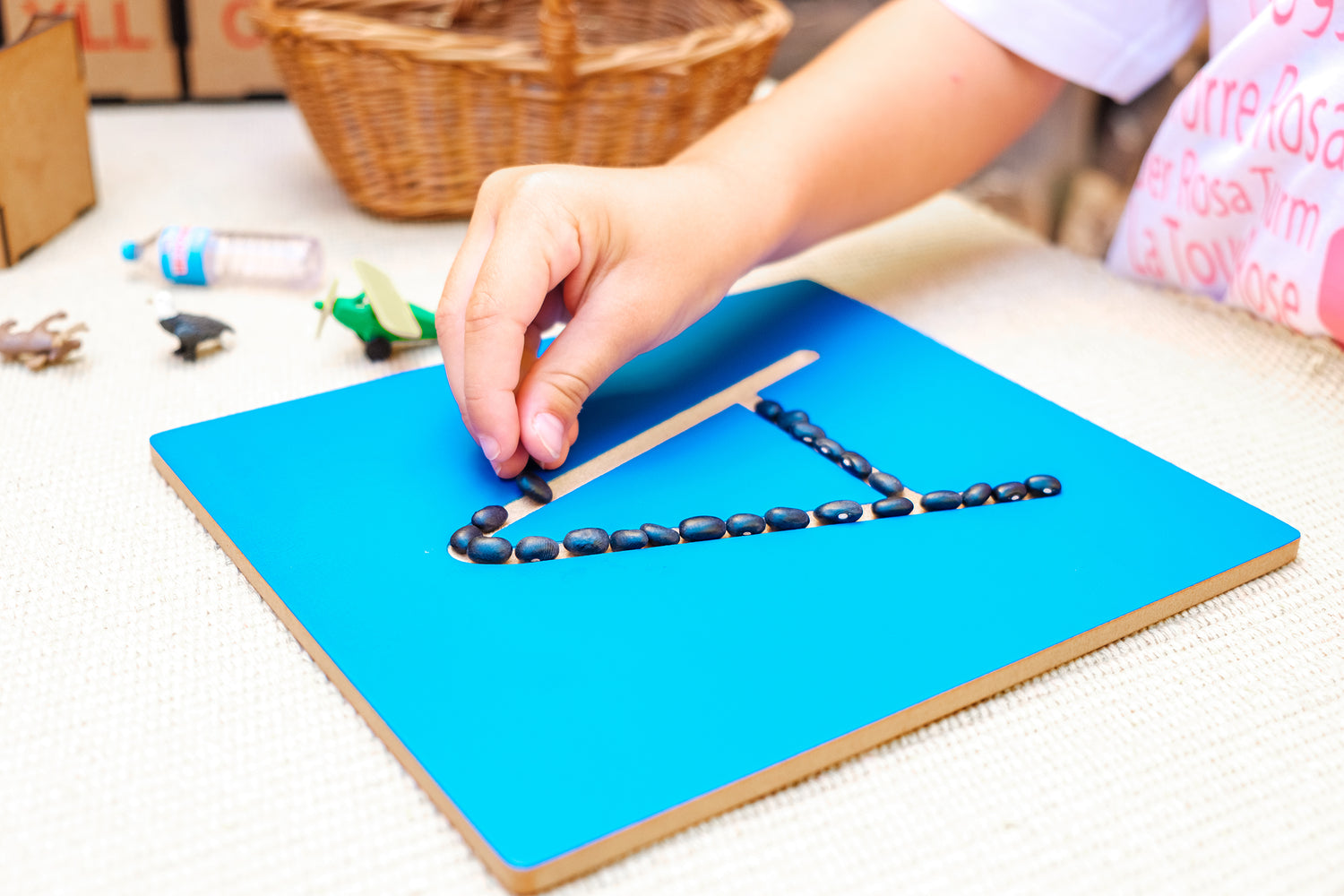Defining Multi-Sensory Learning
In simplest terms Multi-sensory learning is using more than one sense to learn. Traditional teaching methods often focus on auditory learning alone, but multi-sensory learning recognizes the importance of adding visual, tactile, and kinesthetic elements into the educational process. This multi-sensory learning is a key factor in the Orton-Gillingham method used to help dyslexic children learn to read.
Multi-Sensory Learning in Orton-Gillingham
-
Phonetic Instruction:
Orton-Gillingham places a strong emphasis on phonetic instruction, teaching the relationship between sounds and letters. This involves auditory (hearing), visual (seeing), and kinesthetic (doing) components, ensuring a comprehensive understanding of the phonetic structure of language.
-
Tactile Techniques: The Orton-Gillingham method incorporates tactile techniques, such as tracing letters in sand or on textured surfaces. This tactile reinforcement adds a hands-on element to the learning process, engaging the sense of touch and enhancing memory retention.
-
Structured and Sequential Approach: Multi-sensory learning in Orton-Gillingham follows a structured and sequential approach. Concepts are introduced in a systematic manner, allowing students to build upon their existing knowledge and reinforcing learning through repetition.
- Utilization of Visual Aids: Visual aids, including charts, flashcards, and other visual resources, play a crucial role in the Orton-Gillingham method. These aids support the visual learning component, making it easier for students to connect sounds with written symbols.
Benefits of Multi-Sensory Learning in Orton-Gillingham
-
Effective for Dyslexia: The multi-sensory approach of the Orton-Gillingham method has proven particularly effective for individuals with dyslexia, as it addresses their unique learning needs.
-
Enhanced Reading and Spelling Skills: By engaging multiple senses, Orton-Gillingham helps develop stronger connections between spoken and written language, leading to improved reading and spelling skills.
- Boosted Engagement & Confidence: The personalized and supportive nature of multi-sensory learning in Orton-Gillingham fosters a sense of accomplishment and boosts students' confidence in their ability to tackle language challenges.
A Proven Method
Multi-sensory learning, as exemplified by the Orton-Gillingham method, stands as a proven method in the realm of education. This approach not only embraces the diversity of learning styles but also addresses specific needs, making it a valuable tool for educators. As we navigate the evolving landscape of teaching methodologies, the fusion of multi-sensory learning and the Orton-Gillingham method paves the way for a more inclusive, engaging, and effective educational experience.





